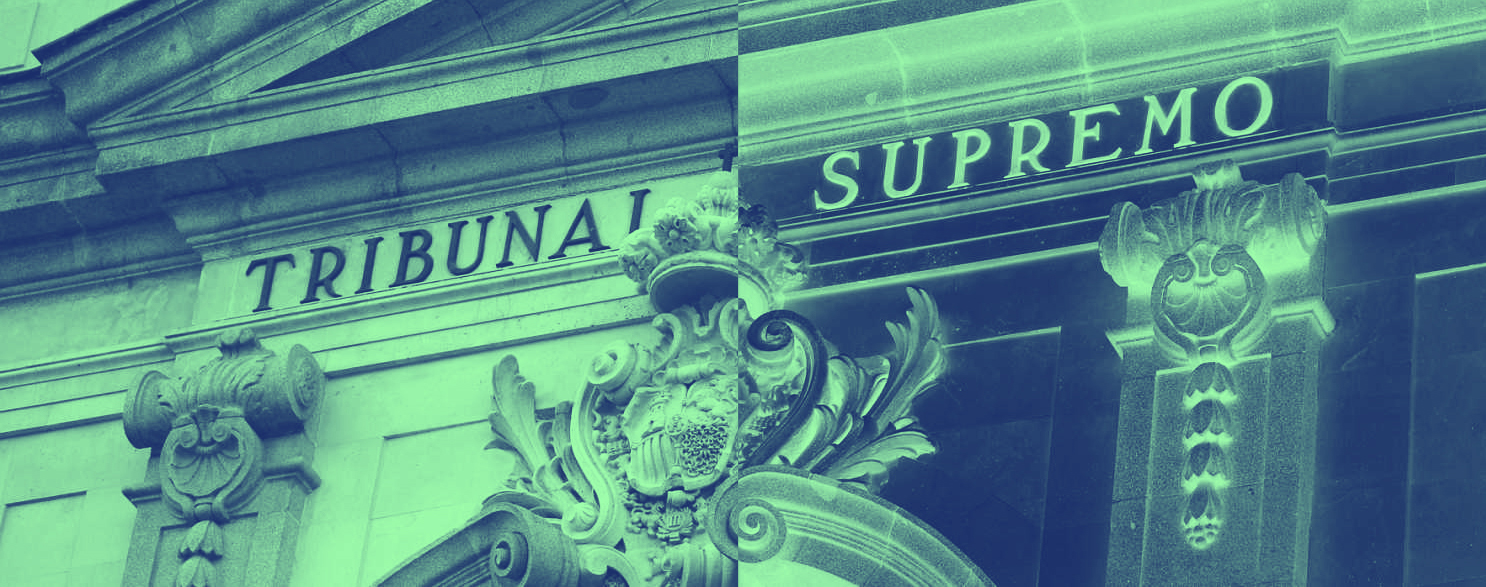
Civio wins the first major battle for transparency in Spain
Thanks to this, all citizens may request - and receive - public information produced prior to the implementation of the Spanish Transparency Law in December 2014.
All citizens may request - and receive - public information produced prior to the implementation of the Spanish Transparency Law in December 2014. After five years of struggle, the Spanish Supreme Court has upheld Civio and overturned the National Court’s ruling that limited citizens’ right to information. It has been a long litigation, that we have finally won with this ruling supporting our cassation appeal. A victory for all, that would not have been possible without the support of our community and subscribers.
In 2015, Civio filed a lawsuit against the Ministry of Defense to obtain the names of those who accompany high ranking public officials on official trips. Do they take their relatives with them? Do they have business partners travelling with them? The Ministry refused to provide this information in full. Two years later, the National Court considered that the ministry should release the names, but with one major exception: a public institution was only required to provide information issued after the enactment of the Transparency Law, in December 2014.
At Civio we appealed this decision because we considered that it caused a very serious damage to the right to access to information and to the transparency in public institutions. Moreover, it was not included in Spain’s Transparency Law and it could develop case-law. It was not a matter of this specific information, but of all public data: the law imposes restrictions on information that can be disclosed, but time is not one of them. That is why, until that moment, we had obtained data prior to the law without any problem.
The latest ruling by the Supreme Court states that the Transparency Law “does not contain, in short, any time restriction on the right to access to information” and, therefore, “it is not appropriate to create by case-law this limitation not included in the rule.” Thus, two years later, the Supreme Court overturned the time limit imposed by that 2017 sentence.
All citizens can now request and access all information produced by public administrations, with the exceptions set out by law, but with no time restrictions. We all won.